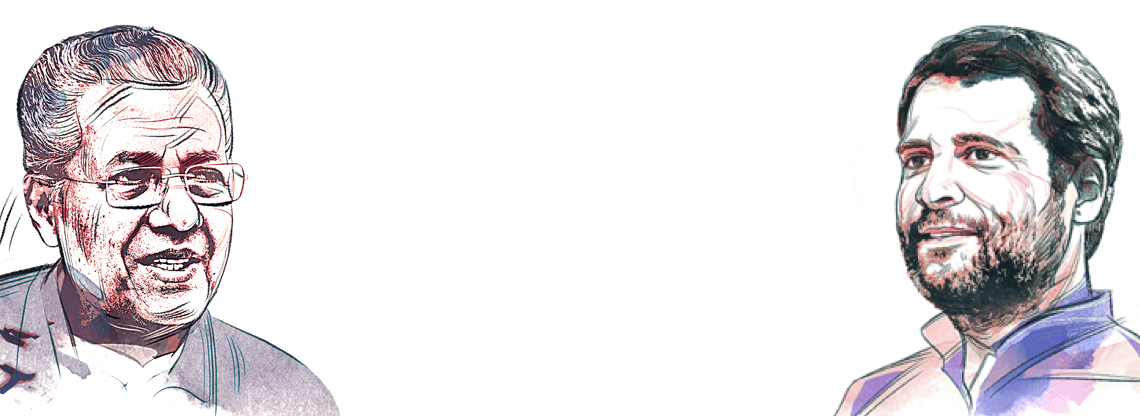Rajasthan has highest number of universities in the country with 50, UP close second: ASHE Report 2021
 Representative Image
Representative ImageComparative analysis
Kamlesh Vyas, Partner, Deloitte Touche Tohmatsu India LLP, explains there has been a steady rise in GER from 24.5 in 2015-16 to 27.1 in 2019-20. “GER for females (27.3), which exceeded GER for males for the first time in 2018-19 has increased its lead further over GER for males (26.9). Other higher education parameters like number of universities and colleges, enrolment numbers and infrastructural facilities have improved over the last few years. The number of teachers which showed a fall for 2 years has also shown increase since 2017-18 for two years in a row.”
More women in MPhil
As per the Report, total enrolment through regular mode across all higher education courses is around 342.5 lakh in 2019-20. The highest share of enrolment (80.96%) is at the undergraduate level, followed by postgraduate (9.32%), and diploma (7.45%), with all other levels adding up to 2.27%. Female enrolment under various education levels has been the highest in MPhil (62.25%), post graduate courses (57.52%), and certificate courses (55.75%), as compared with male enrolment. “Increase in the enrolment of girls in higher education is a good trend. Enrolment to MPhil programme could be an indication of an intent to get into an academic career. Women are born teachers with natural instincts of grooming, inspiring and shaping personalities. More committed women teachers may help improve the seriousness and quality of higher education,” Patwardhan says.
Geeta Bhatt, director, Non-Collegiate Women's Education Board, DU, agrees, when she says, “Teacher is at the heart of the successful implementation of NEP. Institutions which can facilitate and orient their faculty will be able to provide quality education. Women enrolment figures in ASHE are encouraging. Many women are at the crossroads while charting their future after postgraduation. For taking research as a future option, MPhil gives an opportunity to test the waters.”
The report indicates that other than MPhil, where there has actually been a decrease in the number of enrolments over the last two years, all other courses, be it PhD, UG and PG courses have shown an increase in enrolment levels. MPhil programme should not be stopped, says Patwardhan, adding, “It needs to be revised, and bring in more components related to teaching skills in addition to research orientation. Such a robust MPhil programme may be a desired qualification for college teachers. It is worrying to see increased enrolments for PhD programmes. This may be because it is a mandatory qualification to become teaching faculty. A PhD should be an option mainly to those who wish to continue their career as researchers or senior faculty in multidisciplinary education and research universities. There is a need to make focussed efforts to increase the number of women candidates for PhD as well.”
Rise of digital learning
On the pandemic accelerating the pace of adoption of online learning which the Report emphasises, Vyas says, “Some of the challenges associated with online and digital learning like fatigue, low connect and low completion rate have come to the fore. However, there is a common belief among educators that the digital learning mechanisms are still evolving and that new pedagogical approaches are required for virtual learning to be effective. Also, most educators believe that blended learning is the way forward.”
Outlining the EdTech’s trajectory post-pandemic, he adds, “Traditionally, EdTech has largely been focussed on learner-tutor networks. However, several new technologies like analytics and AI/ML are emerging, which have the potential to enhance the effectiveness of learning for students. Similarly, there are other areas that are being targeted by EdTech such as content curation, micro-plucking of content and predicting learning needs on the basis of assessments. EdTech is also being used for educators in making decisions on curriculum, pace of learning, and designing learning paths using analytics in addition to high-integrity virtual assessments.” The Report takes into account these trends and more.









All Comments ()+^ Back to Top
Refrain from posting comments that are obscene, defamatory or inflammatory, and do not indulge in personal attacks, name calling or inciting hatred against any community. Help us delete comments that do not follow these guidelines by marking them offensive. Let's work together to keep the conversation civil.
HIDE